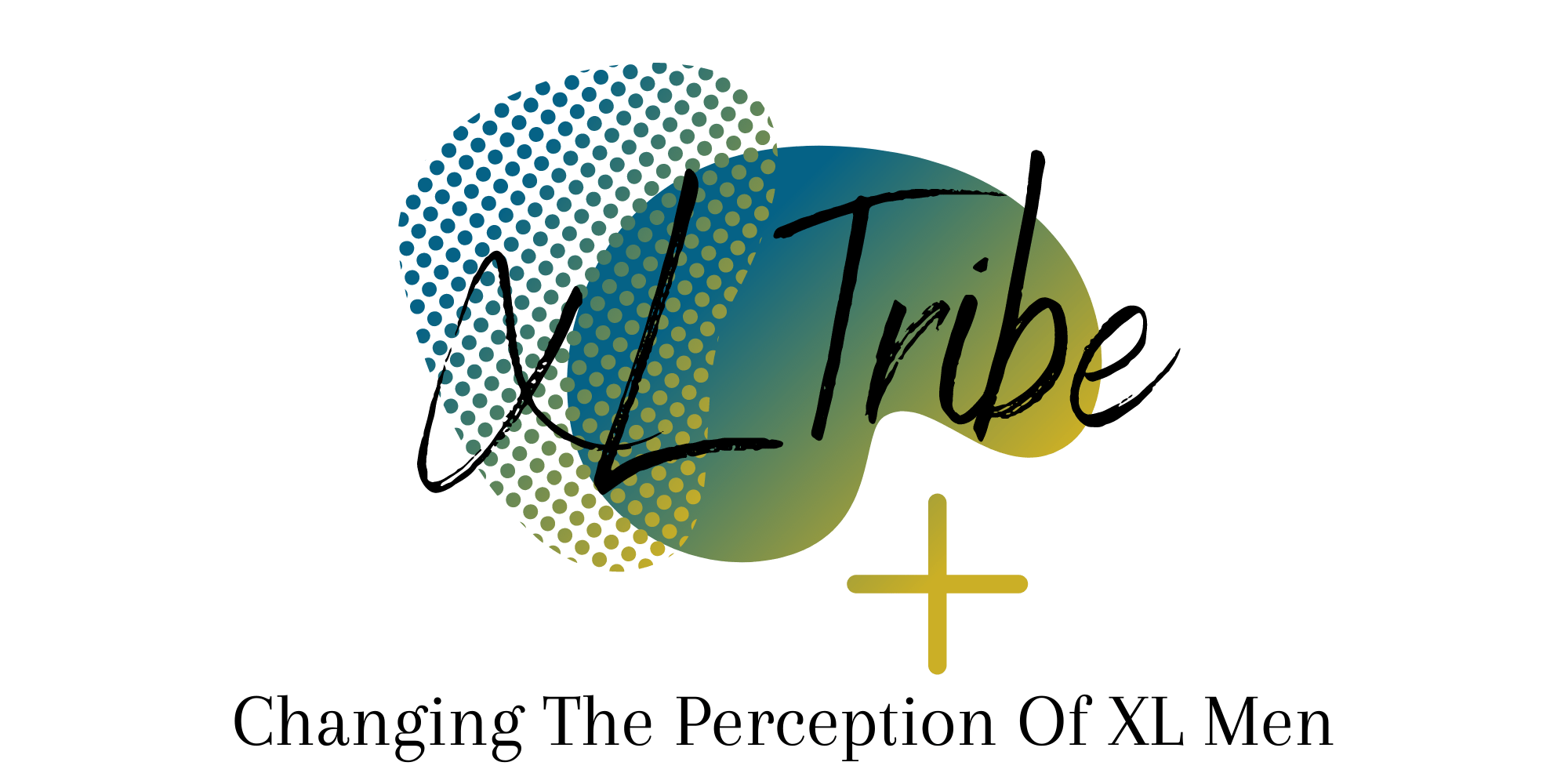So Let’s Talk Financial Education. As many of may know we recently purchased a home and since then I’ve been on a mission to get my credit score even higher so I can move on to property no 2. In order to get this higher I’ve been focusing on paying collection accounts and adding new tradelines. Well, let me introduced you to Self. Self is a new way to build your credit have a saving account at the same damn time (future voice).PS as I’m writing this article I’m trading in the stock market via Robinhood.

Let me tell you how it works: Via Self.
- We put a loan in a bank-held CD (Certificate of Deposit) in your name.
- You make monthly payments. Every on-time monthly payment builds credit history.
- At the end of your plan, you get your money back, minus interest and fees.
So Self even goes on to describe what the account is what how it helps your credit. I was told by this program by three people in 24hrs. I strongly believe in the power of 3. so after I see this as a sponsored post on my favorite budget girl The Budgetnista I knew it was the final sign I needed.
What is a credit builder loan?
A credit builder loan is an installment loan that exists for the sole purpose of helping build credit.
The main difference between credit builder loans and other types of loans is that you don’t get the money until you’ve finished repaying the loan. By holding onto the loan funds as you make payments, the lender is able to avoid any risk while you prove yourself as a reliable borrower.
Here’s how it works:
- You apply for and open a credit builder loan at a bank, credit union or through Self. Sometimes they’re also called share secured loans.
- When your application is granted, the financial institution moves the loan proceeds you were approved for into a separate account, usually a savings account or certificate of deposit (CD). The loan amounts tend to be between $300 and $1,000, though some banks offer credit builder loans as high as $2,500.
- You then begin making your monthly payments for the predetermined amount of time. Loan terms can be as short as six months or as long as six years.
- The bank, credit union or service provider reports your monthly payment activity to one or more of the three major credit bureaus (Experian, Equifax, Transunion)
- Once the loan balance reaches zero, the service provider unlocks the CD or savings account and returns the total money the borrower paid, minus any interest and administrative fees.
Read more about the process at Self.inc
Discover more from XL Tribe
Subscribe to get the latest posts sent to your email.











No Comment! Be the first one.